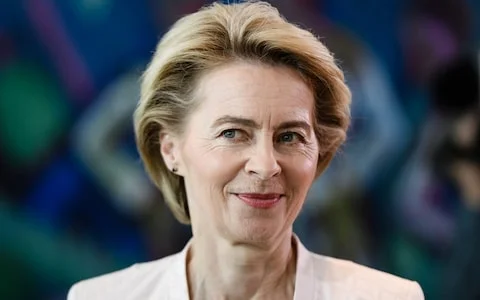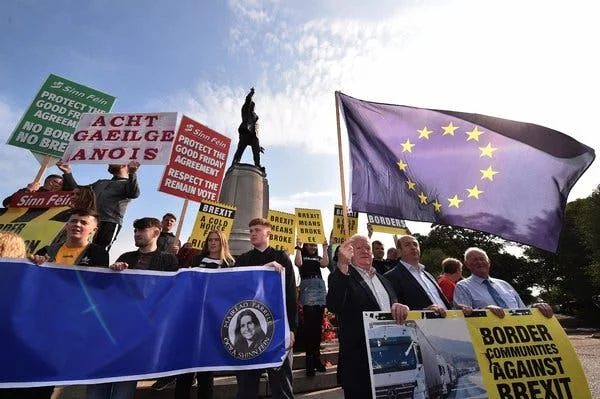EU Presidential Election Reflects Divisions By Phillip Howard
Ursula von der Leyen, current German defense minister and a close ally of Chancellor Angela Merkel, was recently confirmed as the next president of the European Commission as a surprise candidate. After winning by a very slight margin, getting 383 votes out of a possible 733, von der Leyen is expected to begin her term as EC president in November.
Von der Leyen’s narrow approval to the EU’s top job reflects divisions regrading how the EU should proceed. Despite von der Leyen taking over during a time where the EU is dealing with several major issues, a substantial amount of people believed she may not be up to the task. Members of the Green party and some center-left lawmakers voted against her because they saw von der Leyen as a candidate who goes against the will of European voters and who had not been floated as a candidate back during elections in May.
Photo by Spiegel
Janis Emmanouilidis, an expert within the European Policy Center in Brussels, said that von der Leyen’s confirmation reflects “the realities of the union” when it comes to selecting a candidate that’s able to balance the different forces at work within the EC, such as those of the Leftists in Greece or the anti-immigration leaders in Hungary.
“It reflects a compromise of political parties, member states, a complex apparatus that at the end of the day comes up with a decision. It’s sometimes difficult to follow how it works, but it does work,” Emmanouilidis further stated.
In taking on the issues, von der Leyen has several major tasks to accomplish, such as the fate of Brexit, continued trade tensions between the EU and the United States, and the ever-increasing presence of China.
Photo by New York Times
On Brexit, von der Leyen has stated that she supports giving the UK an extension on leaving the EU well beyond the current October deadline, but that she does not support opening renegotiations with the UK. Von der Leyen stated during her acceptance speech that the current withdrawal agreement “provides certainty where Brexit provides uncertainty.”
On the continued trade disputes with the United States, Von der Leyen has taken some small jabs at President Trump over his current stance on tariffs on Chinese goods. During an interview last year with NPR, von der Leyen stated that what has been going on between the U.S. and Europe shows “how dear and precious this transatlantic alliance is.” As for China, Von der Leyen has also taken jabs at what China is calling their Belt and Road infrastructure projects.
While many in Brussels have left for the summer, Von der Leyen has embarked on an outreach tour, meeting with various national leaders throughout Europe.
Phillip Howard is a graduate student at Utica College







